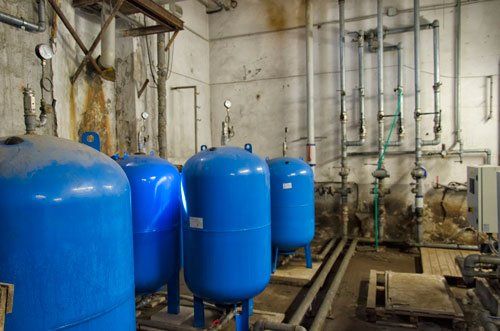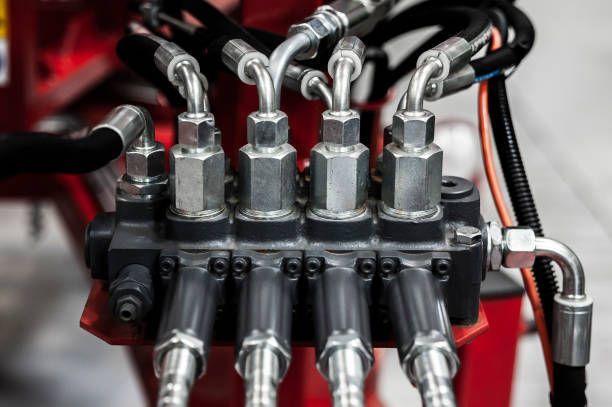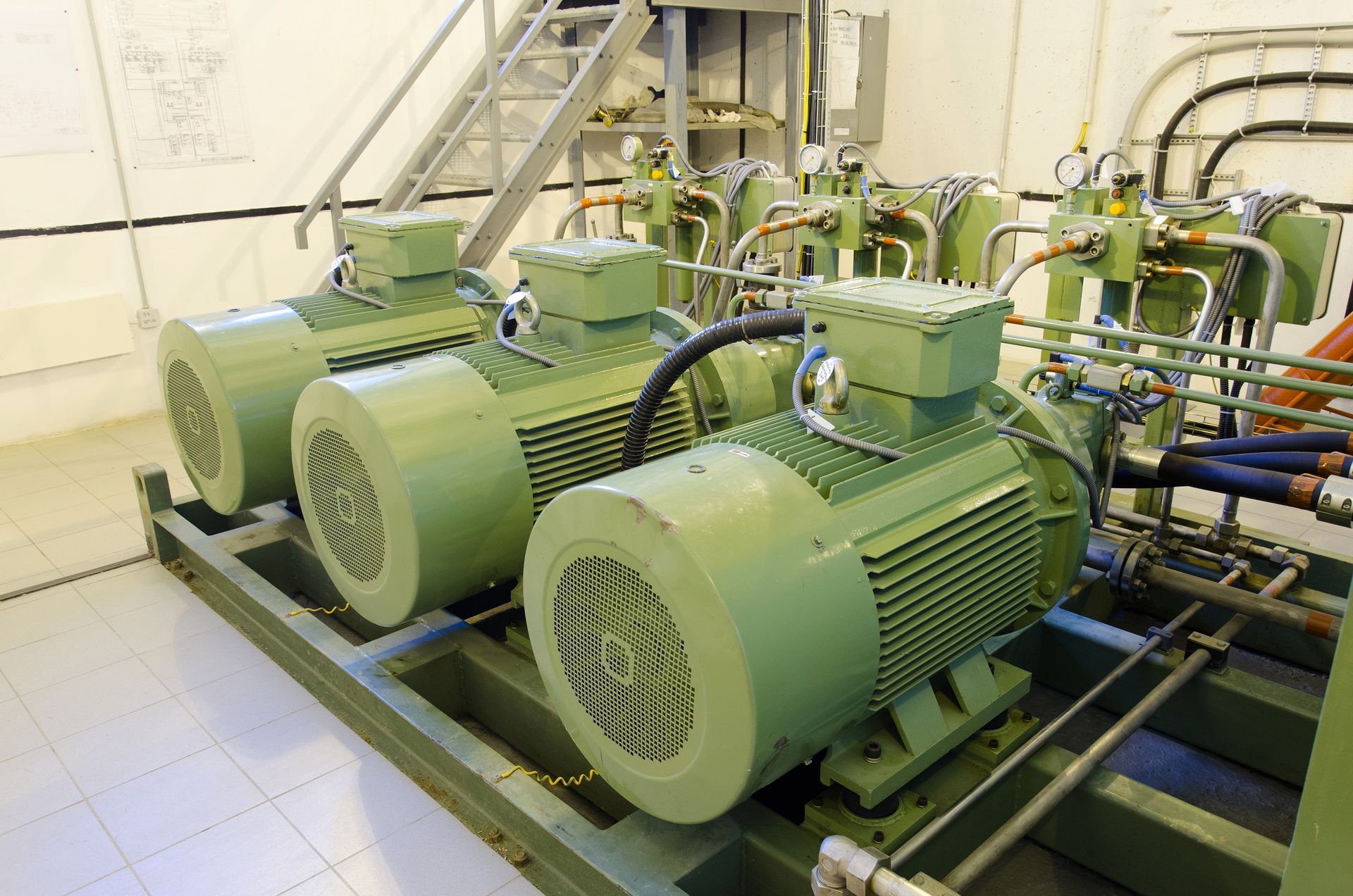Tips for Servo Valve Maintenance
Admin • October 9, 2018
Where fluid control is concerned, some hydraulic applications demand a higher degree of efficiency and accuracy than most. In such applications, machine operators use servo valves to achieve these goals.
A servo valve is a specialized, remote high-performance device that manages fluid flow, especially in closed-loop hydraulic systems. Due to their pivotal role, problems with the servo valves can lead to inefficient operations and poor project outcomes as the machine will not work as desired.
Proper maintenance and timely repairs prolong the service life of servo valves and enhance machine precision. Here are a few requirements for servo valve maintenance.
Monitor Valve Performance
To prevent sudden equipment failure, institute a predictive maintenance plan to monitor the performance of the servo valve. Predictive maintenance establishes a benchmark that will help you determine whether the valve is delivering optimal performance at any given time.
In many facilities, the benchmark is usually an electrical current limit. Servo valves use a certain amount of electrical current to facilitate the fluid flow. Using diagnostic tools, a predictive maintenance technician can detect when the valve uses more than the benchmarked current and schedule corrective repairs as needed.
Test Hydraulic Fluid Cleanliness
The quality of the hydraulic fluid has significant implications for the machine's speed, reliability, and precision. The servo valve is among the many components of the machine that come into constant contact with the hydraulic fluid. Cleaning the hydraulic fluid helps to maintain the servo valve and the machine.
The first step in maintaining fluid cleanliness is to understand the ISO cleanliness standards for servo valves. A typical ISO cleanliness level for servo valves is 16/14/11. Each number represents the fluid's contamination level based on the particle size of the contaminants.
Facilities can evaluate fluid cleanliness using an online laser particle counting tool or a vacuum patch test. If you are unfamiliar with ISO cleanliness standards, consider having an expert train your team on proper hydraulic fluid oil testing and analysis to achieve industry cleanliness standards. Alternatively, you can outsource these processes to a dedicated lab.
Install Appropriate Filters
After determining the fluid cleanliness standards, implement a filtration system to bring the fluid to these standards. The filtration system you need depends on your fluid cleanliness benchmarks.
Nonetheless, don’t skimp on filtration systems. An improper filter does not remove all contaminants and exposes the servo valve and other critical components to premature wear and tear.
Experts recommend buying an absolute beta-rated filter. The beta rating is the industry's standard for filtration efficiency. Filters with a higher beta rating eliminate the largest number of contaminants of a certain micron size.
Flush the System During Oil Changes
While regular oil change is commendable, this process can stir up debris and other particles from the machine's piping, which interfere with the operations of the servo valve. Additionally, impurities in the piping can contaminate filtered oil and compromise the cleanliness standards.
Purchase and install the right flushing tools to protect the servo valve from contaminants during the equipment cleanout process. Invest in sump cleaning equipment that gives workers access to hidden parts of the machine without the need for disassembling the machine.
Hydraulic machines are expensive capital assets in any facility, yet many managers lack a preventative, predictive, and corrective maintenance plan to prevent costly equipment failure. To improve the useful life of your equipment and related components, entrust your machine only to a reputable technician for regular maintenance and repair.
If you are looking for the best hydraulic rebuilders in Brunswick, Ohio, you can trust the experts at Quad Fluid Dynamics, Inc.
Get in touch with us today to schedule an appointment with one of our qualified technicians.
Hydraulic pumps are quickly becoming an industry standard in industrial machinery. Continue reading to learn about the benefits of hydraulic pumps.
Custom hydraulic systems are used across a multitude of different fields and functions. Read on to learn more about the endless possibilities.
Hydraulic pumps are important. Dive into the common causes of hydraulic pump failures and explore effective solutions to keep your systems running smoothly.
Follow this quick guide to learn some of the best methods for determining exactly what hydraulic part you need and how to access those parts quickly.
Like any other machinery, hydraulic pumps need routine servicing to function efficiently. Learn how to drain and clean your hydraulic pump's reservoir.
At the heart of hydraulic systems lies hydraulic fluid, a critical component that enables the transmission of force and motion. Read to learn more.
How should you decide when to rebuild or repair your hydraulic system? Read this blog to learn the differences between the restoration methods.



